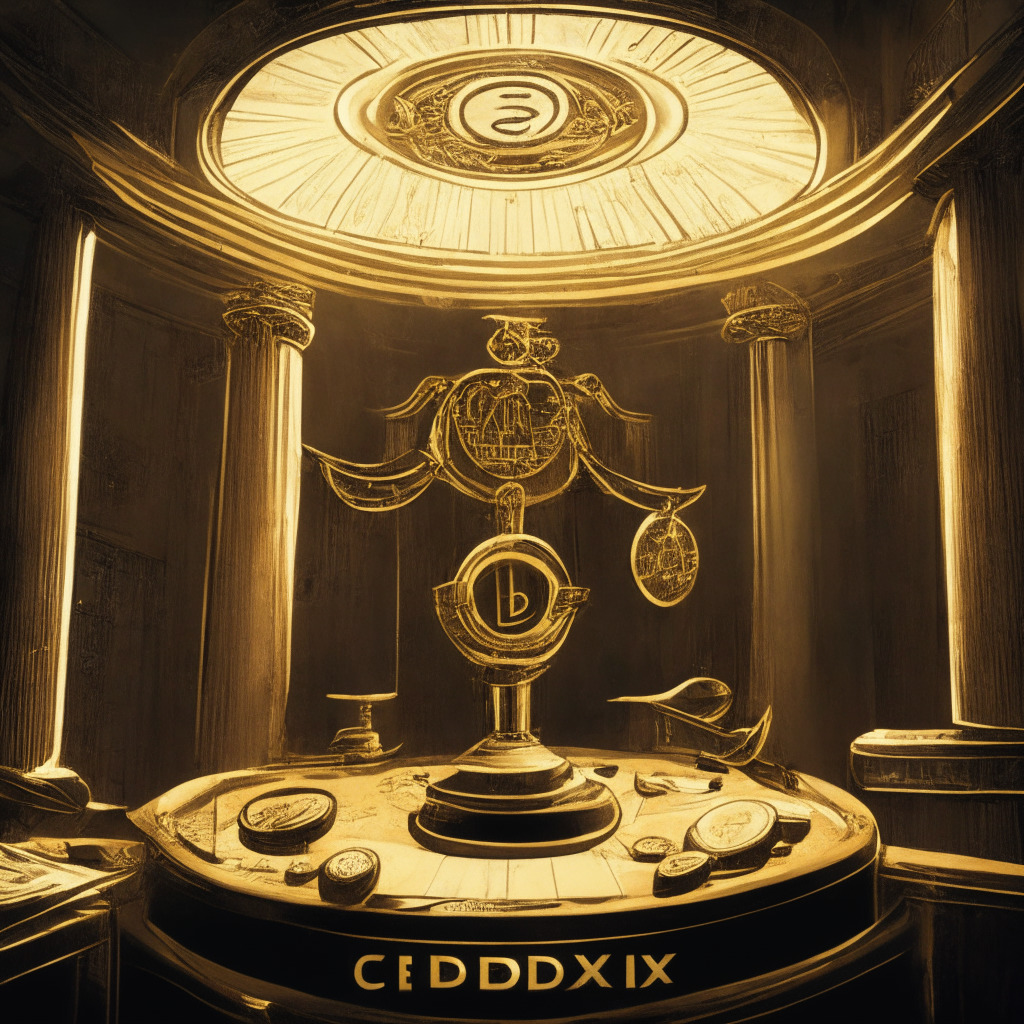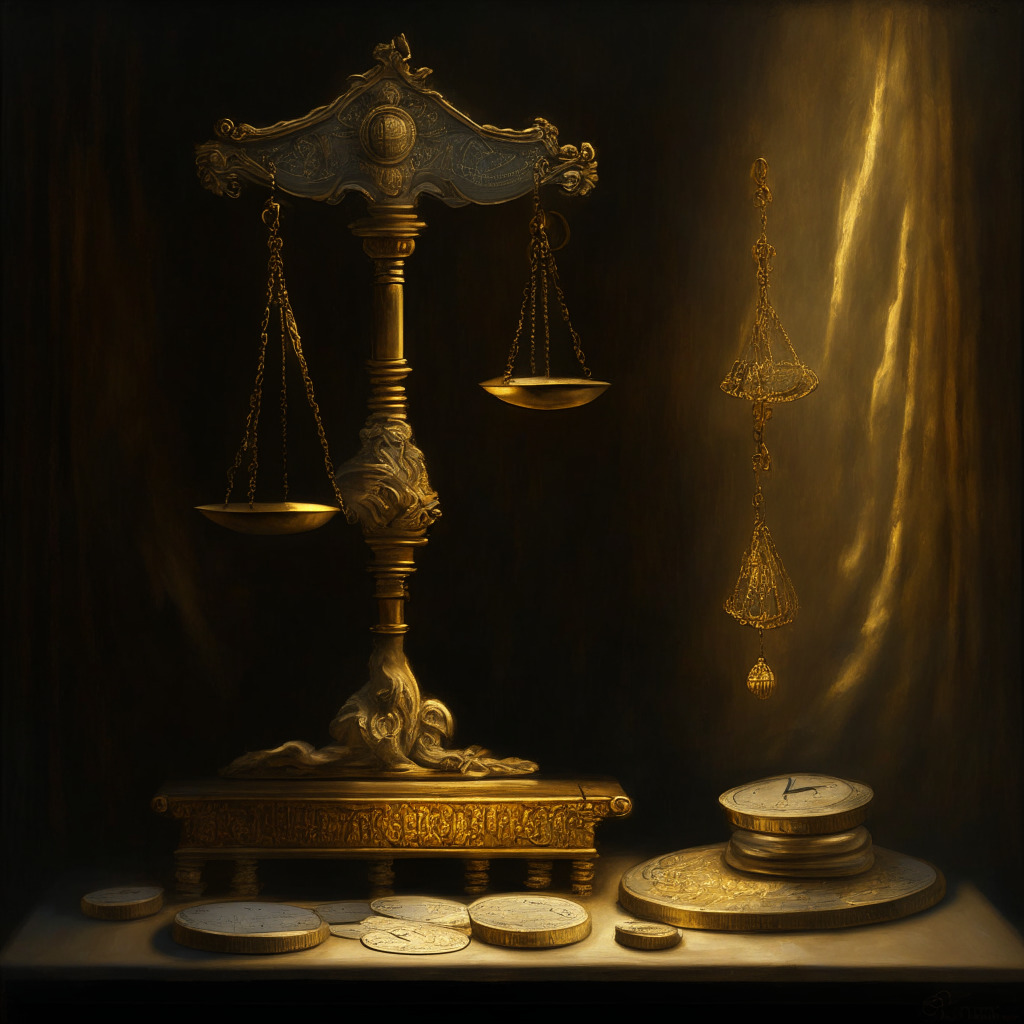The World Federation of Exchanges (WFE) recently sparked conversations by flagging the potential for a larger role of crypto-asset trading platforms (CTPs) in the broader economy and society. The WFE proposes that increased regulation could justifiably enhance the credibility of these CTPs. This appears to be a clever maneuver; better regulation could arguably equip CTPs with stronger appeal to customers, essentially promising a safer space for traders. However, there exist concerns around practices such as CTPs trading against their customers, an issue repeatedly raised by the chairman of the United States Securities and Exchange Commission.
In a stark viewpoint, the WFE also suggests that CTPs should identify as “exchanges” only when their operations meet the endorsed standards. The crux lies in the conflict between self-identification for these platforms and maintaining the integrity of the term ‘exchange.’ Here, the WFE’s distinct interest in regulating CTPs manifests, as it hints that regulation could embed transparency where it’s needed.
Simultaneously, the WFE has also expressed concerns regarding the integration of distributed ledger technology (DLT) into traditional financial exchanges, and urges regulators to consider the mutual benefits involved. Interestingly, the WFE is hinting at a potential exodus of businesses into relatively inexperienced hands if regulators create an environment with excessive restrictions.
Delving into the world of Decentralized Finance (DeFi), the WFE views the apparent contrast between DeFi, traditional finance, and Centralized Finance to be slightly overstated. They argue that a platform that allows for the meeting of buyers and sellers is innately a centralized entity, exemplifying the Ethereum Merge’s initiative being driven by a centralized team at the Ethereum foundation.
The WFE, emphasizing the need for standards and regulation in the crypto-markets, recognises and supports the efforts made by the Financial Action Task Force to apply Know Your Customer regulations, also known as the travel rule, to crypto. It further endorses the IOSCO Principles for Secondary and Other Markets to uplift the standards of crypto markets.
While the future of crypto trading platforms is yet to be shaped by the proposed regulatory action, there’s no denying that the conversation is vital in defining the relationships between CTPs, exchanges, their customers, and regulatory bodies.
Source: Cointelegraph




